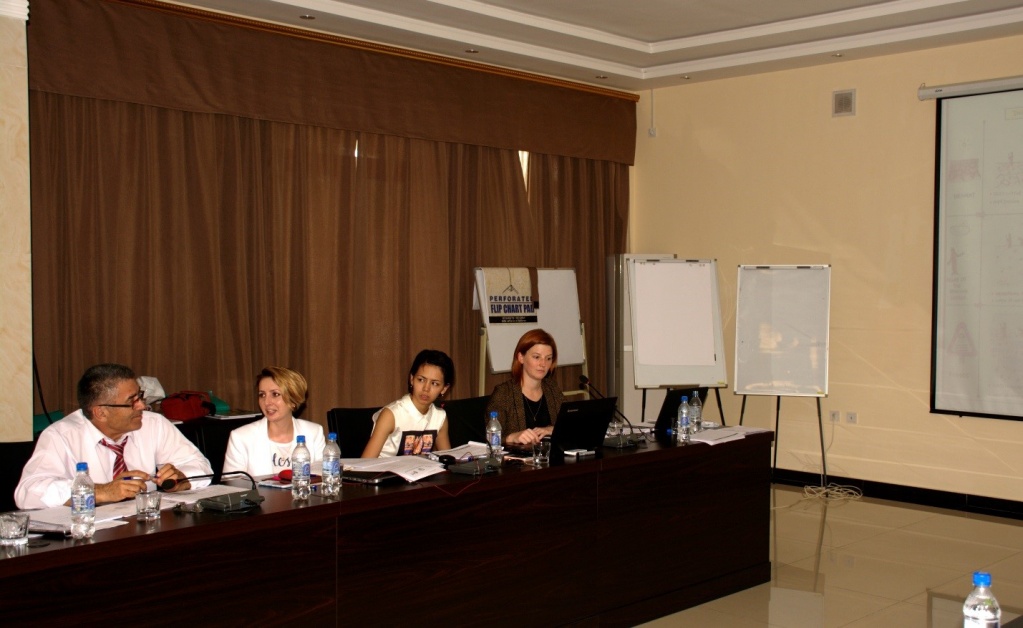Prioritizing food security and climate impacts in Tajikistan
On May 15, 2017 – a working meeting between CAREC team and representatives from Tajik academia was held. The main objective of the meeting was to discuss potential cooperation in the area of the value chain analysis in the livestock sector and adaptation measures, which coupled, could inform about the country’s sustainable long-term development in the light of climate change.

_________________
It is expected that the present research will be conducted in selected pilot sites of Tajikistan, where the development of the livestock sector is a key aspect of economic development and food security.
During the meeting, the representatives from academia institutions have familiarized themselves with similar research projects, which had been conducted in Asia and Africa. All of them contributed to the better understanding of policy-makers and other project stakeholders (i.e. producers, including the shepherds and farmers) about climate change and sectoral problem, assessing every segment of the livestock value chain against climate risks and variability, as well as getting the feedback on the current state of actions and responses, the target group are undertaking in order to reduce risks. In overall, the project will see how adaptation measures, which would be produced throughout the research will contribute to sustainable economic development and reduce the risk of food security in the face of climate change in the arid and semi-arid regions of Asia and Africa.
The participants expressed their interest in using the systematic approach throughout the research and integrating knowledge, which they would gain, to the decision-making process.
Project reference:
PRISE P3 identifies opportunities for economic transformation and diversification in the semi-arid lands of PRISE countries, by integrating sectors rooted in semi-arid lands into national economies. Taking a three-step, innovative, common methodology on VC-ARID – the project will identify climate risk, adaptation options and opportunities for private sector development in Kenya, Senegal, Burkina Faso, Pakistan, Tajikistan and Ethiopia, specifically for the livestock and cotton sectors.
PRISE is carried out under the Collaborative Adaptation Research Initiative in Africa and Asia (CARIAA), with financial support from the UK Government’s Department (DfID) and the International Development Research Centre (IDRC), Canada.
